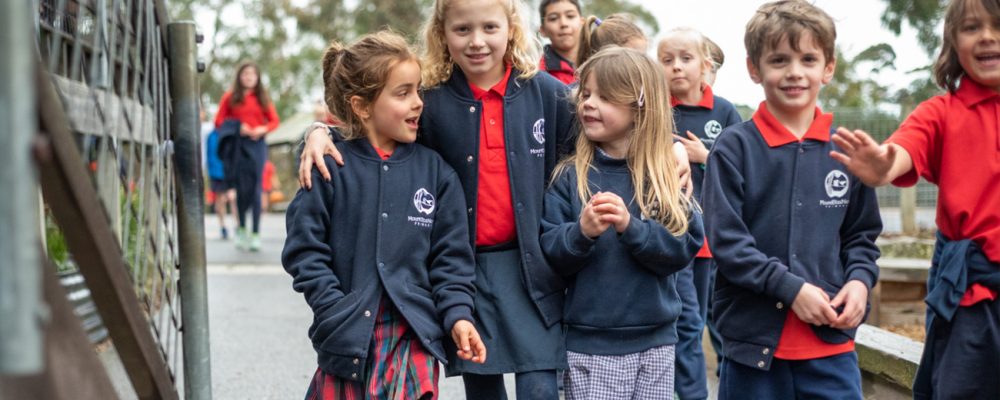
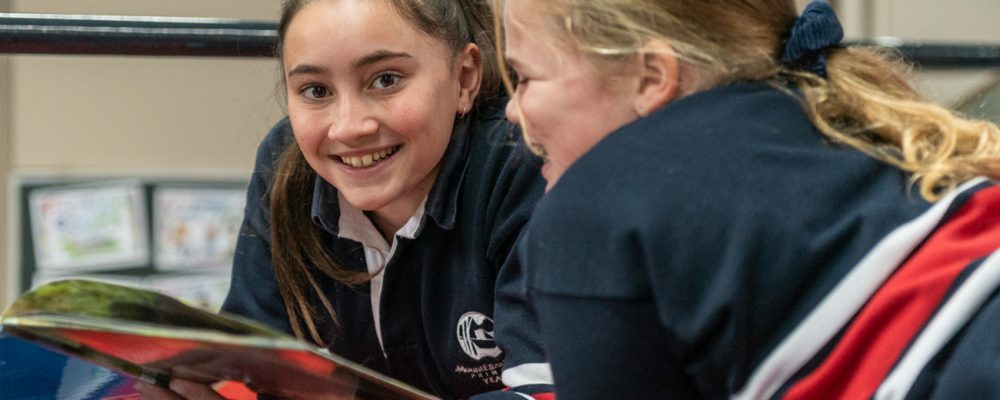
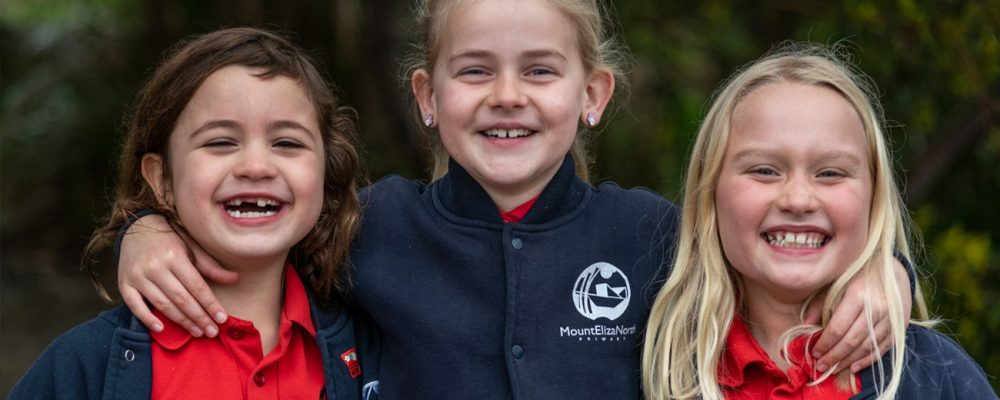
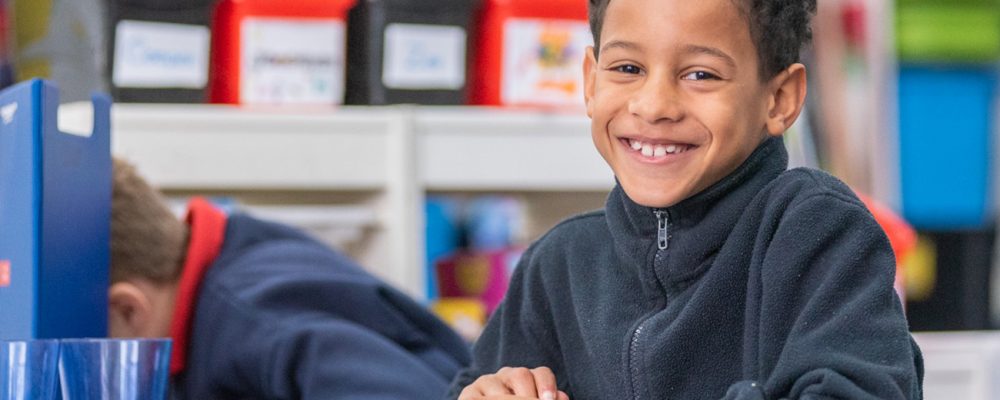

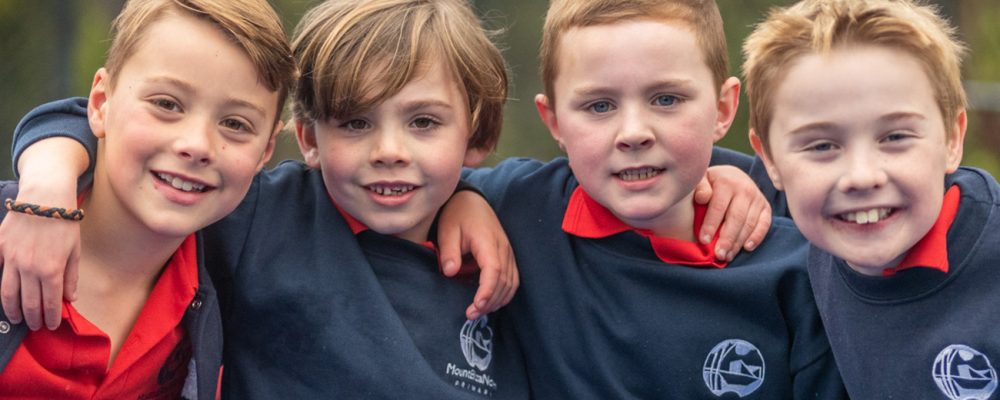
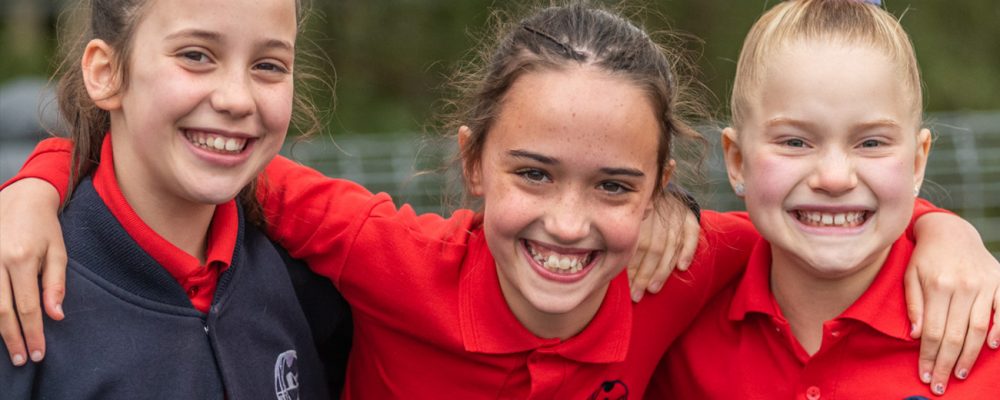
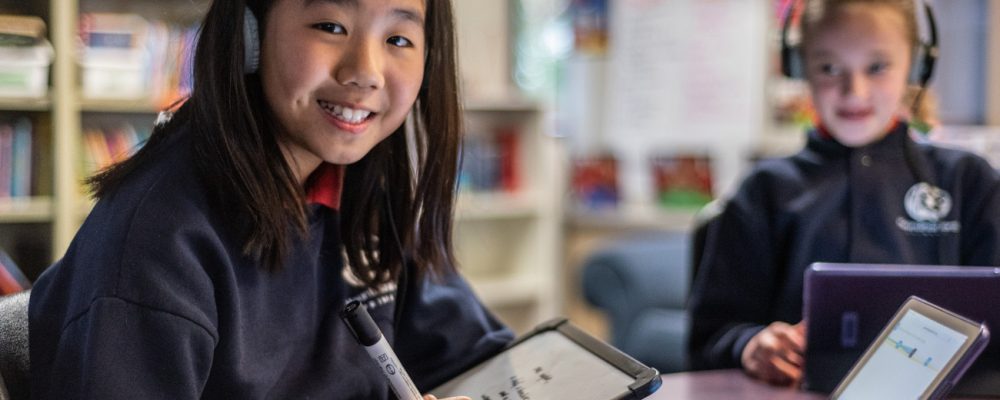
Junior School
English
As an International Baccalaureate PYP school we have adopted a transdisciplinary approach to curriculum integration – speaking and listening, reading, writing, spelling, unit of inquiry. This approach dissolves the boundaries between these conventional disciplines and organises teaching and learning around the construction of meaning in the context of real-world problems or themes.
We use the Readers’ and Writers’ Workshop model to develop literacy skills. Workshops are deliberately designed to offer a simple and predictable environment so that the teacher can focus on the complex work of observing students’ progress and teach to their needs.
Each session begins with a mini lesson and ends with independent work tailored to consolidate the learning. During independent tasks the teacher works with a focus group or confers with individual students. Workshops end with a reflection time.
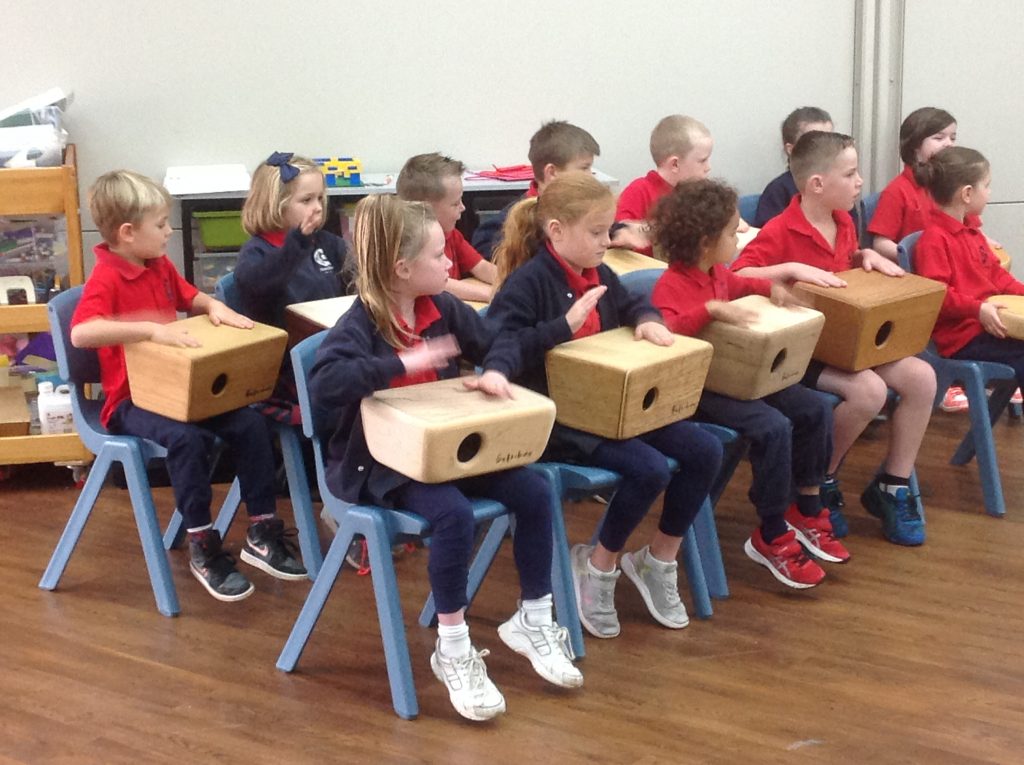
During literacy sessions we focus on the promotion of oral language, phonological awareness, phonics, vocabulary development (word meanings), reading fluency and comprehension.

Mathematics
The mathematics curriculum aims to develop useful mathematical and numeracy skills for everyday life, work and as active members in a technological world. Hands on activities provide opportunities for students to see connections and apply mathematical concepts, skills and processes to pose and solve problems.
The mathematics curriculum comes under three strands – Number and Algebra, Measurement and Geometry and Statistics and Probability.
Carefully planned hands on activities and games –
- strengthen the use of mental estimates for calculations, problem solving equations and incorporation of algorithms and coding
- develop the ability to use measuring tools, rulers, thermometers and scales, and to estimate with these tools to quantify the world around them
- build an awareness of the properties of shapes, points, space, positions or angles, and patterns
- collect, organise and interpret data and
- judge the likelihood and probabilityof events occurring based on known quantitative data or a collection of data
Little Learners Love Literacy
Our Foundation, Year 1 and Year 2 students are engaged in the ‘Little Learners Love Literacy’ Program which is an explicit, multi-sensory approach to learning. Little Learners Love Literacy focuses on ‘phonemic awareness and alphabet knowledge’ giving students the skills they need to read, spell and write with confidence. Cued articulation is taught to Foundation students as they master the sounds taught. Decodable texts are carefully sequenced to progressively incorporate words that are consistent with the letter–sound relationships that have been taught to the reader. This sequential approach is developed from evidence-based literacy research. The students love the engaging approach and teachers are very excited about the outcomes their students are achieving.


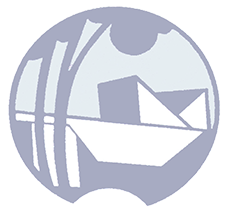 Mount Eliza North Primary School
Mount Eliza North Primary School